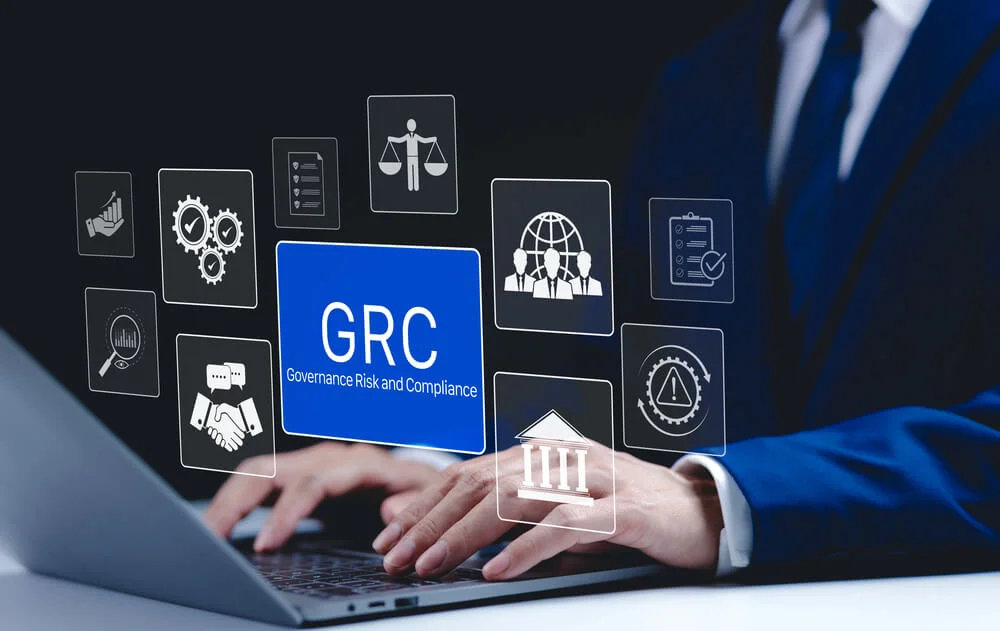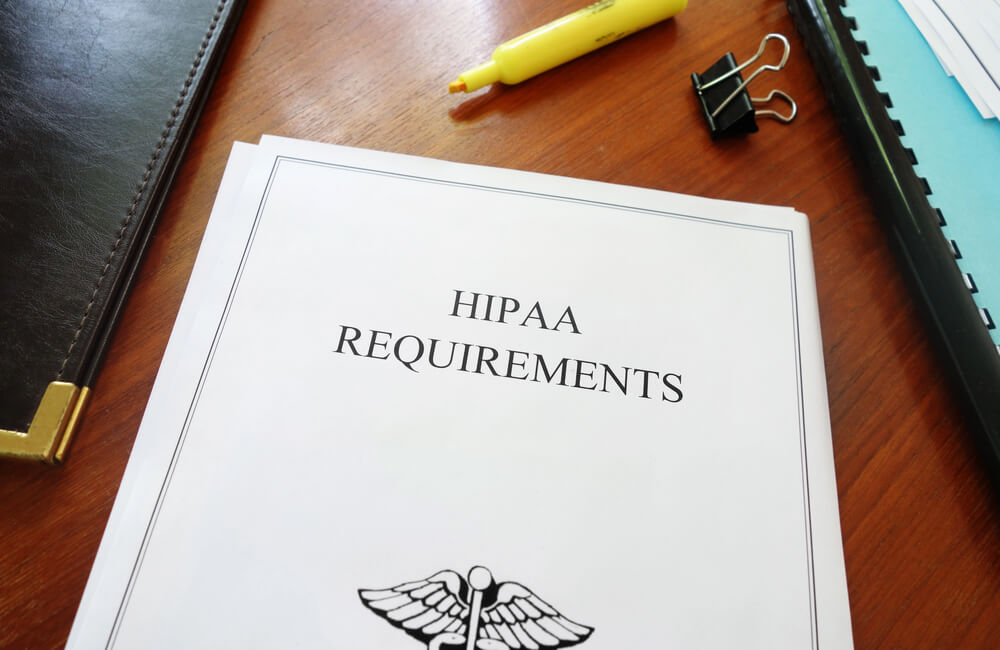How To Approach Third-Party Compliance
Working with business partners or vendors can save time and money, increase revenue, and bring you expertise that you may not have in-house. However, working with third parties always involves a range of risks, including the risk of a lack of compliance with laws or policies that your business must follow. This can be a liability to you if you fail to ensure third-party compliance.

Consequences of Third Party Compliance Failures
Technology makes data security and compliance difficult but not impossible. It’s important to find partners and vendors that have the same expectations and compliance standards as you do.
When third parties fail to comply, your company and even the industry are directly affected. Non-compliance can cause customers to lose trust in your brand and name, leading to tarnished reputations. Regulatory penalties and fines are inevitable and can have a huge economic impact on the involved parties. It can also lead to more regulations and the involvement of regulatory bodies in a way that inhibits growth instead of encouraging it.
Ensuring compliance is the key to keeping things working smoothly and your reputation intact in the financial industry.
10 Key Elements of Managing Third Party Compliance
While each business has unique ways of operating and different third party relationships, the basic principles of how to approach third party risk management and compliance remain the same.
1. Due Diligence
Before you hire a third party, vet them. Consider their reputation, their history of compliance, and their financial stability. Depending on the type of information the third party handles and their potential level of involvement in your business affairs, you may need to also look for information on the name, organizational structure, owners, parent companies, and industry. If you don’t feel that they are as committed to compliance as you, it is better to choose someone else.
This doesn’t only apply before hiring or partnering but should occur throughout the whole business relationship through periodic audits and assessments. You can implement measures such as onboarding questionnaires, or use third party compliance software or services.
Some businesses conduct due diligence assessments only upon contract renewal, while others may require it on a periodic or continuous basis. This scheduling is unique to your business and can greatly enhance third party compliance when implemented correctly.
2. Expectations
When you do decide to work with a vendor or other third party, you should set clear expectations. Doing this from the get-go is an excellent way to ensure that everyone is on the same page. Define roles, delegate responsibilities, and outline reporting protocols and dispute resolution methods. This sets the business relationship up for success.
3. Contracts
Never work with any third party without first having drafted a strong contract. This should lay out all of the obligations and compliance expectations you have and should minimally include information on data protection, regulatory requirements, and confidentiality policies.
It’s a good idea to work with a lawyer with experience in financial industry compliance to ensure enforceability and avoid possible loopholes.
4. Audits
Establishing expectations and signing contracts is important, but you also have to perform regular audits and monitor third party compliance frequently. Auditing involves checking adherence to contract terms and to local and federal regulations, data protection, and ethical practices. Many companies use automated monitoring or auditing tools to make the job easier and less complex.
5. Risk Assessment
Tailor your monitoring and auditing procedures to the vendor. Not all third parties pose a high level of risk. Some you may only need to check periodically, while others you may need to assess almost constantly.
One way you can decide which third parties need enhanced due diligence measures applied is to use a screening database or electronic questionnaires to identify red flags.
You can assign a risk profile to each third party involved to help you prioritize which you need to monitor more frequently. This will save time, effort, and money as you allocate resources where they are really needed to ensure third party compliance.
6. Culture
Creating a culture of compliance in your business can also help workers and third parties adhere to local requirements and regulations. The more you focus on compliance, the more quickly it will become second nature to employees and third parties alike. You can provide training, workshops, and communication about compliance to your own employees and to third parties to help keep compliance top of mind.
7. Updates
In the finance industry, regulations are constantly changing and evolving. You need to stay informed about these changes and adjust your compliance expectations and efforts accordingly. You should communicate changes efficiently to contractors and partners to ensure third party compliance with these changes.
8. Communication
Communication is always best when it is open and transparent. It is especially important when working with third parties. Hold regular meetings and put reporting mechanisms into place to talk about concerns or changes in regulations.
9. Contingency Plans
No matter how hard you work to predict and prevent security breaches or non-compliance, both technology and people are unpredictable. Have a contingency plan ready to help you handle compliance breaches. It should include steps to take in the case of a breach, information on responsible parties, and the protocol for communication with regulatory bodies and stakeholders.
10. Documentation
One of the best ways of protecting your business is to create a strong documentation system. You should be keeping records of any audits, risk and compliance assessments, corrective actions taken, and any communications made.
Free Security Assessment Today
Ensuring Third Party Compliance
Risk management and compliance in the financial industry is a vital but challenging endeavor. It requires planning, diligence, transparency, and communication. Putting the appropriate resources and effort into compliance shows not only your willingness to adhere to local laws but also your commitment to responsible business practices and ethics. The more methodically you plan and implement compliance strategies, the higher your chances of success with third party compliance. When you need a hand, Compyl’s compliance software makes compliance effortless and secure. Try a demo today.




